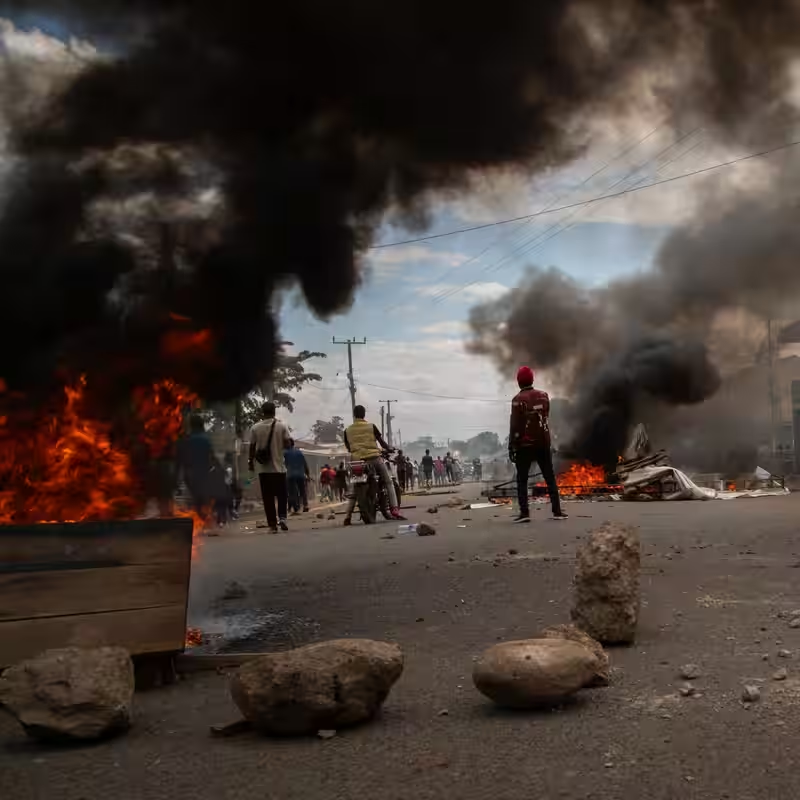Tanzania Election Sparks Deadly Protests
In the wake of Tanzania’s 2025 presidential election, the East African nation has been thrust into its worst political crisis in decades. What was expected to be a routine vote has spiraled into widespread unrest, with security forces clashing violently against demonstrators in multiple cities.
Death Toll Disputed Amid Chaos
The United Nations Human Rights Office confirmed that at least 10 people have been killed after security forces opened fire on protesters in Dar es Salaam, Morogoro, and Shinyanga. However, opposition leaders paint a far grimmer picture.
Brenda Rupia, spokesperson for the main opposition party Chadema, claims the death toll could exceed 200. “People are dying,” she said in a phone interview. “The government is announcing cooked results.”
Opposition Calls for Military Intervention
In a dramatic and unprecedented move, Rupia urged the Tanzanian military to step in—not to seize power permanently, but to annul the disputed election, release political detainees, draft a new constitution, and organize a fresh vote.
“I call on the international community to urge the military to step in because people are dying,” she stated.
However, General Jacob Mkunda, Tanzania’s Chief of Defense Forces, issued a stark warning during a state television broadcast, labeling protesters as “criminals” and vowing “appropriate action” against them.
Election Held Under Shadow of Repression
President Samia Suluhu Hassan, who assumed office in 2021 following the death of her predecessor, faced little formal opposition in the election. The electoral commission—whose members are appointed by the president—disqualified both Tundu Lissu of Chadema and Luhaga Mpina of ACT-Wazalendo, leaving only minor candidates on the ballot.
Chadema had called for an election boycott, but mass protests erupted anyway, fueled not only by political grievances but also by deep-seated economic frustrations, including soaring youth unemployment.
Internet Blackout and Media Silence
Since Tuesday, internet disruptions have severely limited information flow, according to watchdog NetBlocks. State media has remained silent on the protests, and government officials have denied using excessive force.
Foreign Minister Mahmoud Thabit Kombo dismissed the UN’s casualty report, insisting, “Currently, no excessive force has been used.” He added that final election results would be announced Saturday.
International Condemnation Mounts
The European Parliament condemned the vote as “neither free nor fair,” citing months of repression, electoral obstruction, and the forced disappearance of dissenters—including diplomat Humphrey Polepole.
Britain, Norway, and Canada jointly urged Tanzania’s government to “act with maximum restraint,” citing “credible reports of a large number of fatalities.”
What’s Next for Tanzania?
With a 6 p.m. curfew enforced in Dar es Salaam and streets largely deserted under heavy military presence, uncertainty looms. The opposition remains defiant, civil society is alarmed, and the world watches closely.
For a nation that long prided itself on stability since independence leader Julius Nyerere’s era, this moment marks a dangerous turning point.




